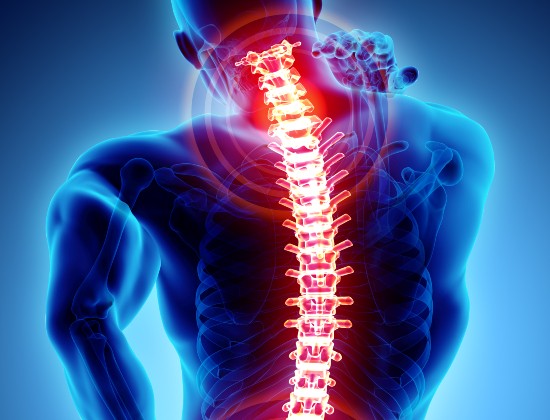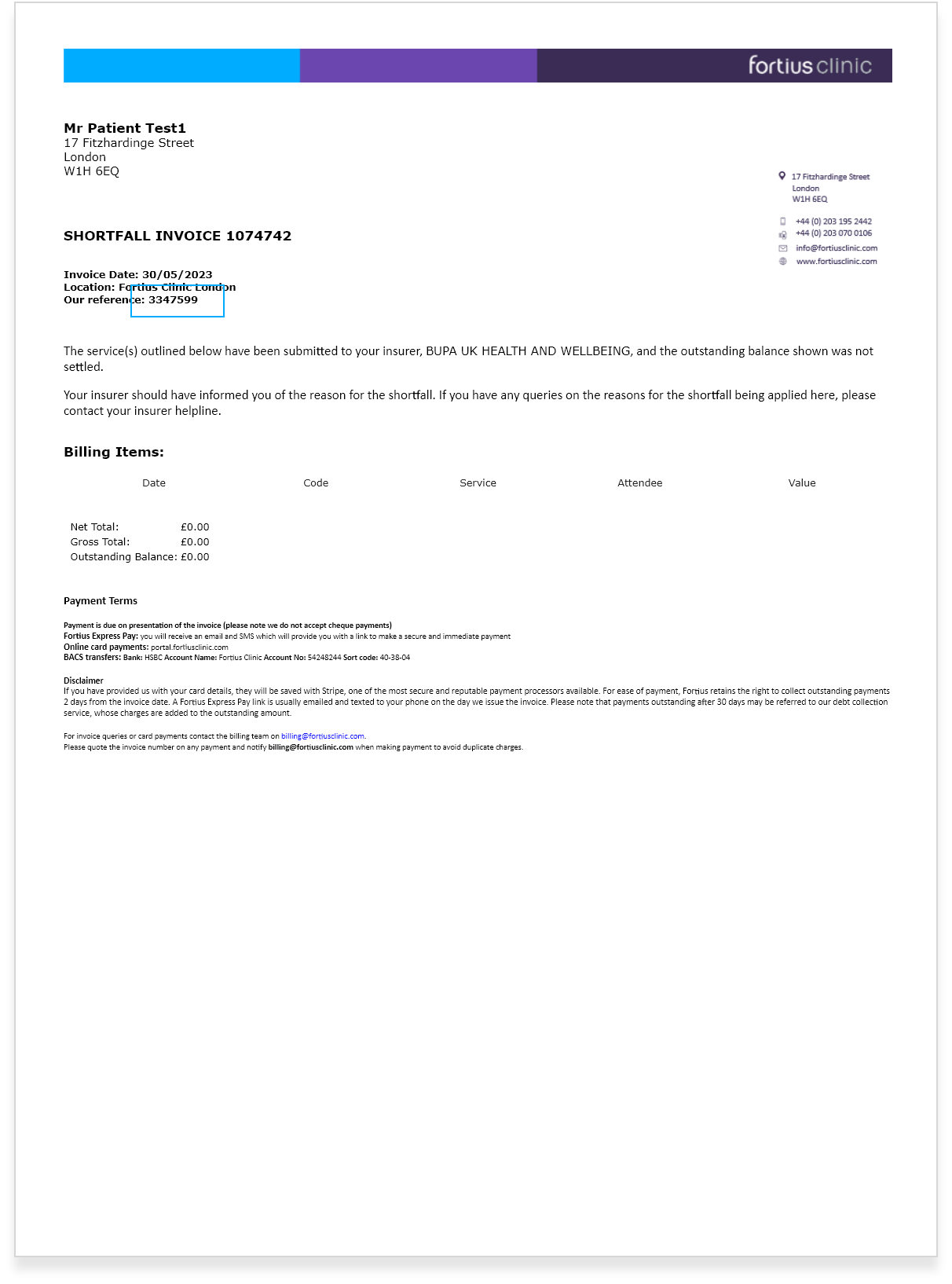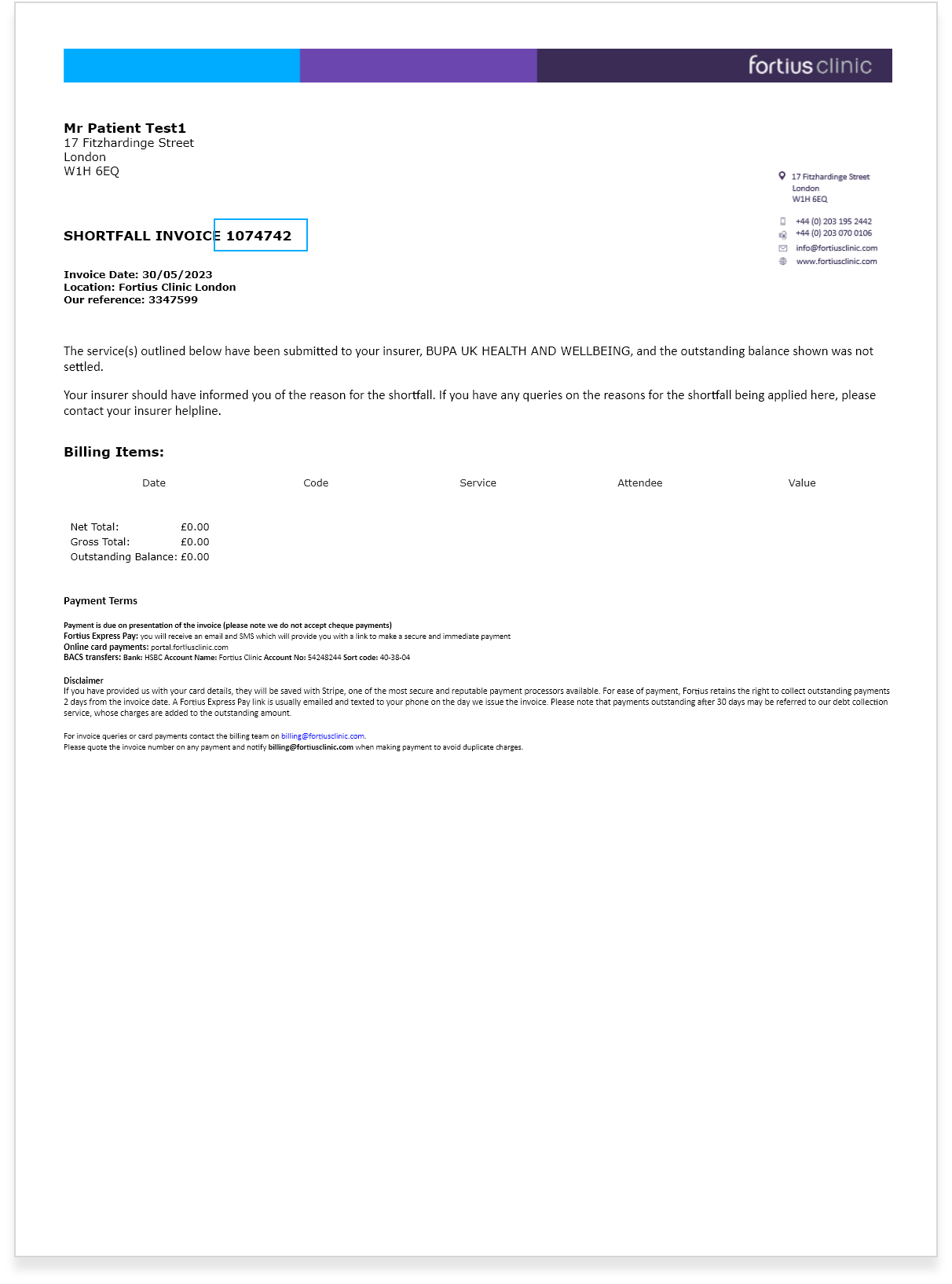Anterior cervical discectomy
This procedure is carried out to relieve pressure on the nerve roots or spinal cord caused by a slipped disc or bone spur, or a degenerative condition such as osteoarthritis or osteoporosis.
Which conditions can be improved by this procedure?
Anterior cervical discectomy can help to treat a slipped disc, brachialgia, or degenerative conditions such as osteoarthritis or osteoporosis, which are causing pain.
What does the procedure involve?
The procedure involves removing the disc that is causing problems through the front of the neck (anterior) – usually considered to allow better access to the spine and is often carried out at the same time as fusion surgery, which may involve a bone graft (usually taken from your hip or using an artificial bone substitute) held in place with plates and screws, to stabilise the spine. This is known as anterior cervical discectomy and fusion (ACDF). An alternative to fusion is to have a disc replacement.
How successful is this procedure?
Anterior cervical discectomy is thought to relieve arm pain in over 92 per cent of patients and neck pain in over 73 per cent of patients. Your specialist will be able to advise you about whether this procedure is right for you.
How long does it take to recover?
This can vary from person to person but usually takes three to six months, during which time you will be advised to follow a personalised rehabilitation programme designed by the Fortius Clinic. Some people find their range of movement is more limited after surgery while for others it is improved. You should not take anti-inflammatory medicine as this can cause bleeding and affect bone healing.
What can I do to speed up my recovery?
As well as following your rehabilitation programme, you should stop smoking if you are a smoker as nicotine can prevent bone growth and slow your recovery. You should also avoid lifting anything heavy, or doing housework such as vacuuming, ironing, loading or unloading a dishwasher, or gardening.
Above all, take things slowly, and gradually increase your activity with gentle exercise such as walking. If you are worried about any aspect of your recovery, contact us for advice.
When can I return to work?
Your surgeon will be able to advise you about this depending on your job, your rate of progress and recovery.
When can I return to sport?
Your surgeon will be able to advise you about this.
Important: This information is only a guideline to help you understand your treatment and what to expect. Everyone is different and your rehabilitation may be quicker or slower than other people’s. Please contact us for advice if you’re worried about any aspect of your health or recovery.


